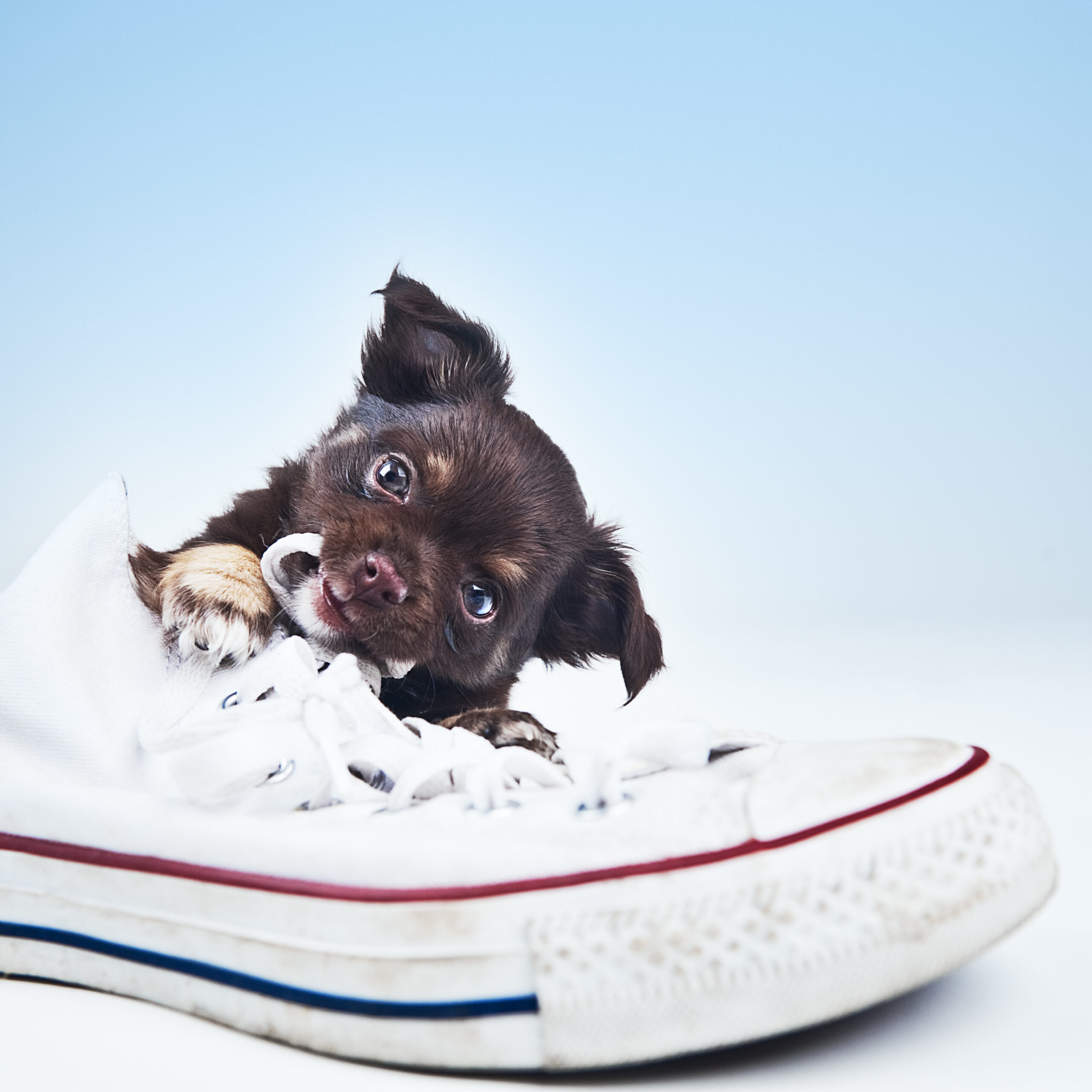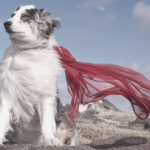Dogs don’t seem to invest much of their behaviour in creating and maintaining hierarchies, but we humans sure do. In fact, our very human desire for status can affect our dogs in a few ways…and usually, not for the better.
Prestige in Human Society: Popularity Actually Does Matter
One of the ways that humans form hierarchies involves prestige. Prestige isn’t the same as dominance because it’s conferred without force or the threat of force, but it shares some characteristics with other hierarchies: some people have more prestige and some have less (or none), and generally people without prestige are seeking more of it. This isn’t to say that a desire for prestige is wrong or immoral, it’s simply human, in the way that falling in love is human, or adoring a sweet stumbling puppy is human. Just like our ancestors evolved to stand upright, enjoy sweet and fatty foods, and be weirdly hairless, our ancestors evolved to pay attention to and mimic prestigious individuals. In the past, prestige would have been very useful indeed: prestigious individuals were those who were good at the business of staying alive and making babies. Individuals who paid attention to, and mimicked, prestigious (i.e., alive and fecund) people would likely do things in a way that helped them stay alive and make more copies of their genes. People who scoffed at prestige would miss out and therefore be less alive and/or less fecund. And those with prestige gain still more prestige by having followers. One of the ways we humans identify who is prestigious is by taking stock of who other people consider prestigious.
Prestige isn’t the same as dominance because it’s conferred without force or the threat of force, but it shares some characteristics with other hierarchies: some people have more prestige and some have less (or none), and generally people without prestige are seeking more of it.
In our great-great (insert many more greats) grandparents’ time, this system worked well. Prestige was conferred on those who actually did well for themselves. Gathering food, solving problems, getting out of trouble, romance…the rock stars of our deep past were useful people to click “follow” on. But over time, as the adoration and mimicking of prestigious individuals became more fixed in our population, and as human cultural advancements separated us from the near-daily threat of death experienced by our other mammal cousins, the orientation towards prestige has become…well, less good.In fact, it’s a problem.
It’s not always a problem, of course. In modern times, some prestigious individuals have earned their following in the old-old-old-fashioned way: by staying alive particularly well; by keeping others alive; by making their world, essentially, a better place. Dr. Fauci, the American doctor and immunologist and the director of the National Institute of Allergy and Infectious Diseases is a good example: due to intensive study followed by deep and broad experience, and a commitment to science and public health in the face of troubling political pressure, Dr. Fauci’s star rose. A quick search for his name found three articles he was quoted in over the last few hours: people are listening to Dr. Fauci! And we should be. We should do as he does. He has legitimate prestige.
However, the prestige for prestige’s sake has also created echo-chambers that are not useful, and can even be remarkably harmful. If someone has a famous parent, or looks good, or somehow grabs our attention, then the very fact that we’re paying attention means other people will pay attention, too. And then more people. And more people. Our social media environment has cemented this with algorithms that dish us up people whom other people seem to be looking at. This has, in the dog behaviour business, created some unsatisfactory outcomes for dogs, to put it lightly.
However, the prestige for prestige’s sake has also created echo-chambers that are not useful, and can even be remarkably harmful.
If our brains seek out prestigious celebs even when they don’t really offer us much in the way of fitness (in the evolutionary sense, that is), it’s not the only hold-over from our evolutionary history that leads us astray, when it comes to our dogs. We also fall prey to many different types of cognitive biases. Cognitive biases are mental short-cuts that function to save brain fuel, and they are positively rampant in humans. You may not be aware, but our brains are gas-guzzling organs and decisions about all sorts of things can really drain the tank. So our brains evolved to take some useful short-cuts when and where it makes sense to do so. One particularly interesting cognitive bias is known as the negativity bias: we pay close attention to negativity and negative information. Our brains evolved to have this bias because negative information is likely to be much more important to the business of staying alive and making babies than neutral or positive information. “There goes a sabre-toothed cat” is quite a bit more meaningful to one’s immediate survival than “the tree over in sector 12 has some particularly delicious leafy greens this week”.
Amos Tversky and Daniel Kahneman, who conducted research on cognitive biases (if you haven’t read “Thinking, Fast and Slow” [2011] it’s worth the time and effort), used to have long conversations wherein they would simply play around with the idea of various cognitive biases in their own heads. In fact, that’s often how they first identified biases they would later study more formally. If they suspected a bias in their own thinking, as regular humans with regular human brains (strike that: regular humans with exceptional human brains), they could assume others did too. This casual, conversational hypothesis-building exercise is an interesting starting point, isn’t it? And in fact, it’s one that we can replicate, in a fashion, right here and right now, to see how the negativity bias and the modern social media/prestige environment might not serve dogs. Below are two comments, wholly imaginary, but typical of the content that appears in dog trainer groups. Which comment would invite you to pause, click follow, and chat about with your colleagues?
Playing tug with KayBee Fleece Toys is dangerous, and the trainers who recommend it should be banned from this group. Dogs eat fleece, which causes blockages, and this kills dogs.
I love using KayBee treat rolls in my training. They’re easy to use, inexpensive when compared to other commercial treats, made of quality ingredients, and dogs love them.
The second statement is positive, so you’re less likely to believe it (“sure, sure, good ingredients. Mm hm. Are they a distributor?”). And you probably feel no urge to follow that poor, lonely, KayBee-Roll-using trainer on your social media of choice. But the first one? The first statement is deliciously negative. Dogs could die, after all! This trainer obviously cares about dogs’ health and safety, because this trainer is railing, negatively, about some…thing. Even if you don’t click like or follow, the time you spend lingering and reading that statement is dutifully logged by your social media of choice (to say nothing of your brain), and the trainer’s name and advice lodges itself, perhaps iniquitously, into your thoughts. You’ll notice more of this type of information in the future, and you’ll be fed more of it, too, if you confer social media prestige to the anti-tug-toy trainer by sharing, liking, or replying to their information.
Who Cares?
If you’ve followed me on this merry dance so far, you may be asking how this affects dogs…this is a dog training school and a dog training blog, after all. Who cares if we all love both prestige and negativity? Prestige feels great, and we all want more of it. Negative gossip feels delightful and delicious and surely enhances the safety of dogs, right? And we all want more of that. But our tendencies to seek prestige on the one hand and pay attention to negativity on the other can marry in a way that does real harm to dogs.
The dog trainer’s credo is that reinforcement works to change behaviour. Likes and comments act as reinforcers to us humans, and potent ones at that. The likes and follows that a negative post garners means, inexorably, that more negativity is sure to come. The Academy chooses to post positive messages on our media channels more than negative, despite the fact that information with a negative slant receives many, many, many times the engagement.
Some dog pros, through either simple reinforcement or a more cynical approach, surf this human orientation towards negativity to gain status and prestige. And heck, if these people are the Anthony Faucis of the dog world, then…no harm, no foul. Broad experience, a gentle disposition, and scads of learning have provided these Canine Faucis with information and practices that we less-prestigious masses should indeed mimic. But in the case where their credentials include only “I can complain with the best of them”, we do ourselves and our dogs a disservice by conferring them prestige, even though it feels right, relieving, and wise to do so. The anti-fleece campaign won’t actually be without harm, and certainly won’t benefit dogs. Fleece is a common fabric in tug toys, and tug toys make dogs deliriously happy. We should all be trying to make dogs more happy, not less so. Removing a relatively safe option for dogs to enjoy themselves based on a tiny handful of bad outcomes (or more likely, a single bad outcome or even an imagined one) isn’t without consequence. Dogs suffer from this pruning of opportunity.
So, for the sake of dogs, I’d encourage you to recognize and catalogue the feeling you get when you come across a negative post, especially one which invites you to jump on a bandwagon. It feels like they’re right, and it feels like it will help dogs, and if others have already jumped on the negativity bandwagon, it really feels like we should too. Prestige! Negativity! What a heady combination. It’s so, so inviting. Our remarkable but remarkably human brains might be leading us astray here, though. And our remarkable human brains can also offer us some salvation: in the same way that we can confer prestige to people who are negative but underwhelming, we can choose instead to confer prestige on those who are uplifting and knowledgeable.
Click wisely, and offer your caring wisely: Just because it feels good and right, doesn’t mean that it’s good and right for dogs.
About the Author
Kristi lives outside of New Hazelton, British Columbia, Canada, where she is the owner of Kristi Benson Dog Training. In addition to her work with the Academy, she creates online learning courses aimed to help dog guardians to overcome sticky behaviour problems and find new joy with their dogs.
For about a decade, Kristi was at the helm of Parkland Husky Rescue, a sled dog rescue for racing sled dogs. She handled intake of the dogs as well as training and placing the dogs into pet homes. She’s worked with sled dogs since 2005, and has been on staff at the Academy since 2016. Originally trained as an archaeologist, Kristi has worked as a northern anthropologist for more than 15 years.
At the Academy, she runs special projects like the Husbandry Project and liaises with the Academy’s research teams. She also organizes the weekly Wednesday webinars offered to students and grads, finding fantastic guest presenters to compliment the webinars produced in-house, such as quizzes, interactive webinars, and curriculum-related content. Kristi also coaches and mentors students, and grades assignments. Kristi enjoys hiking with her Alaskan huskies, making people laugh through her writing, and all things to do with Pleistocene megafauna.












